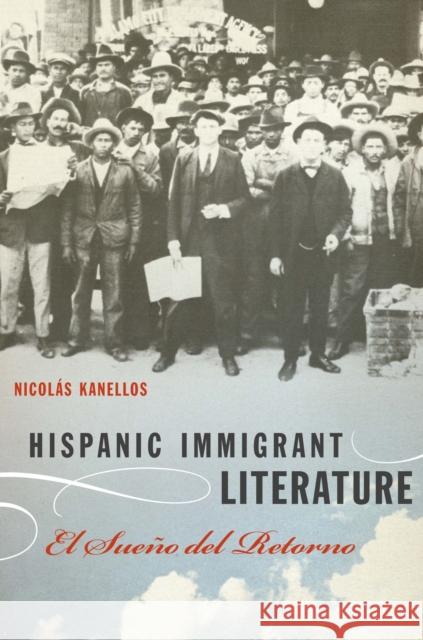Hispanic Immigrant Literature: El Sueño del Retorno » książka
Hispanic Immigrant Literature: El Sueño del Retorno
ISBN-13: 9780292743946 / Angielski / Miękka / 2011 / 211 str.
Immigration has been one of the basic realities of life for Latino communities in the United States since the nineteenth century. It is one of the most important themes in Hispanic literature, and it has given rise to a specific type of literature while also defining what it means to be Hispanic in the United States. Immigrant literature uses predominantly the language of the homeland; it serves a population united by that language, irrespective of national origin; and it solidifies and furthers national identity. The literature of immigration reflects the reasons for emigrating, records--both orally and in writing--the trials and tribulations of immigration, and facilitates adjustment to the new society while maintaining links with the old society.Based on an archive assembled over the past two decades by author Nicolas Kanellos's Recovering the U. S. Hispanic Literary Heritage project, this comprehensive study is one of the first to define this body of work. Written and recorded by people from Mexico, Cuba, Puerto Rico, the Caribbean, and Central and South America, the texts presented here reflect the dualities that have characterized the Hispanic immigrant experience in the United States since the mid-nineteenth century, set always against a longing for homeland.











